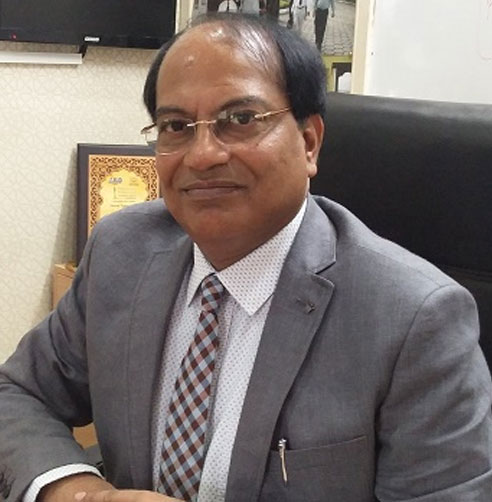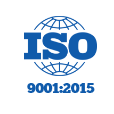
The fourth industrial revolution race is also about 1) high labor cost countries automating to fiercely compete with low labor cost countries and 2) high labor cost countries competing to be ahead of each other
What is clear is that the research solely focuses on manufacturing and that, on top of the classic technology drivers (Industrial IoT, Big Data analytics, advanced industrial robots, artificial intelligence and the demand for predictive maintenance) a major growth is expected in the manufacturing industry whereby the press releases mentions the focus of the US government on manufacturing, the EU well-known fourth industrial revolution frameworks and policies, fierce global competition in the manufacturing sector, the opportunities to enhance production processes, automation in high labor cost countries to compete with low labor cost countries and to not get behind with regards to those countries and territories investing in Industry 4.0 technology (it is a global race of hard competition and geopolitical shifts boosting that global race indeed), government initiatives, the list goes on and mentions the essential benefits of Industry 4.0.
A quote from the press release that could be clearer about the stakes of the global fourth industrial revolution race and how it already affects and will continue to affect geopolitics in the eyes of US Homeland Security Research: the 4th Industrial revolution is set to swiftly alter the competitiveness of nearly all industrial sectors across the world, as well as change long-held dynamics in commerce and global economic balance of power. Global economic power indeed.
Ample themes which seemed more obvious to tackle from a shared future perspective a few years ago such as employment, climate change, the workforce, the state of distrust and the need for collaboration in a world of globalization, today clearly have a different context.
Moreover, despite being a global phenomenon the fourth industrial revolution in reality obviously always was a race between countries and territories across the world to change the face and future of production, manufacturing and so forth. The stakes are high, the race for Industry 4.0 leadership has accelerated and the differences in views and approaches and political agendas are clearer than ever.
Since information on digital transformation and the various aspects of Industry 4.0 spread, there have never been so many announcements from virtually all countries and territories seeking a leading stake of the big Industry 4.0 pie about their fourth industrial revolution readiness, need to boost efforts and Industry 4.0 strategies as now.
It is not all politics. Differences are easier to overcome and a shared future easier to achieve when looking at the challenges at hand and the realities in countries with different strengths, weaknesses, priorities and fourth industrial revolution capabilities and readiness degrees.
Moreover, the key Industry 4.0 consortia are striving towards closer collaboration and effectively reach these goals, in relation with, but at the same time away from political agendas.








.png)